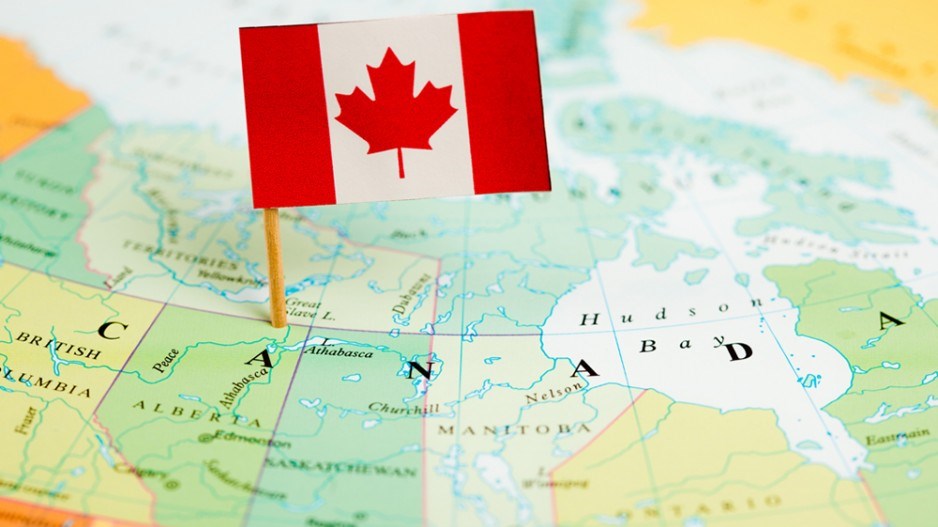Just over three months have passed since the last federal election in Canada, and the feelings of the population towards the current federal government have not been altered dramatically.
In a recent survey by Research Co. and Glacier Media, 49% of Canadians believe that their province would be better off with a different prime minister in Ottawa, while just over a third (36%) endorse the performance of Justin Trudeau.
This year’s early federal ballot was supposed to provide Trudeau with a majority mandate similar to the one he earned in 2015. When all votes were tallied, we ended up with a House of Commons that looks a lot like what was elected in 2019: a minority mandate with the Liberal Party dominating in the east and the Conservative Party doing better in the west.
Our current views on the federal head of government continue to reflect this regional variation. Significant majorities of residents of Alberta (65%), Saskatchewan and Manitoba (56%) and British Columbia (53%) believe they would be better off with someone other than Trudeau at the helm. This view is shared by 49% of Ontarians, 42% of Quebecers and 38% of Atlantic Canadians.
Canada’s two most populous provinces are slated to hold elections in 2022, and the mood is very different in each one. In Quebec, satisfaction with the way the COVID-19 pandemic has been managed has consistently been one of the highest in Canada. In Ontario, the government has usually been near the bottom of the pack, outperforming only Alberta.
At this stage, there are no signs of a massive re-emergence of the sovereignist cause in Quebec. In our tracking survey, the proportion of Quebecers who believe their country would be better off as its own nation increased to 30% this month, up from 25% in August but significantly lower than the levels observed in May 2020 (36%) and December 2019 (40%).
The one area of Canada where people are more likely to be flirting with independence continues to be Alberta. This month, 38% of the province’s residents think they would be better off on their own, up 10 points since August and just behind the 40% observed in December 2019 – weeks before most Canadians knew what COVID-19 was.
We also continue to see some attachment to our neighbour to the south. While only 18% of Canadians believe that their province would benefit from joining the United States, the number rises to 24% in Quebec and to 25% in Alberta.
Unless there is a dramatic development, Alberta will not hold a provincial election until 2023. It is too early to gauge the chances of a truly separatist party, whether it proposes outright sovereignty or annexation to the United States. In British Columbia and Saskatchewan, similar parties elected no members to the provincial legislature last year.
In any case, the animosity of Albertans towards politicians is inescapable. While we have already seen that 65% of residents think their province would do better with someone else in Ottawa, residents are more likely to be upset with Premier Jason Kenney.
Almost three in four Albertans (73%) think they would be better off with a different person in charge of the provincial administration, up from 68% in August 2021 and from 56% in May 2020. While some provincial governments have managed to successfully reconnect with voters during the pandemic, the numbers for Kenney have only worsened.
The drop in confidence is significant, but not as dramatic, for Ontario Premier Doug Ford. In May 2020, only 38% of Ontarians believed the province would be better off with someone else in charge. The proportion climbed to 54% in August and once again to 57% this month. Due to vote splitting, we may have a majority of Ontarians voicing disenchantment with their premier, but no clear certainty of an opposition victory.
In British Columbia, perceptions about Premier John Horgan have improved. In May 2020, 42% of the province’s residents felt they would be better off with someone else in charge. The proportion dropped to 40% in August and to 35% this month. Albertans and Ontarians are currently finding it easier to imagine the leaders of opposition parties as “premier material.” The way British Columbians look at Horgan might change once the province has a full-time opposition leader in February.
Mario Canseco is president of Research Co.
Results are based on an online study conducted from December 15 to December 17, 2021, among 1,000 adults in Canada. The data has been statistically weighted according to Canadian census figures for age, gender and region. The margin of error, which measures sample variability, is plus or minus 3.1 percentage points, 19 times out of 20.




